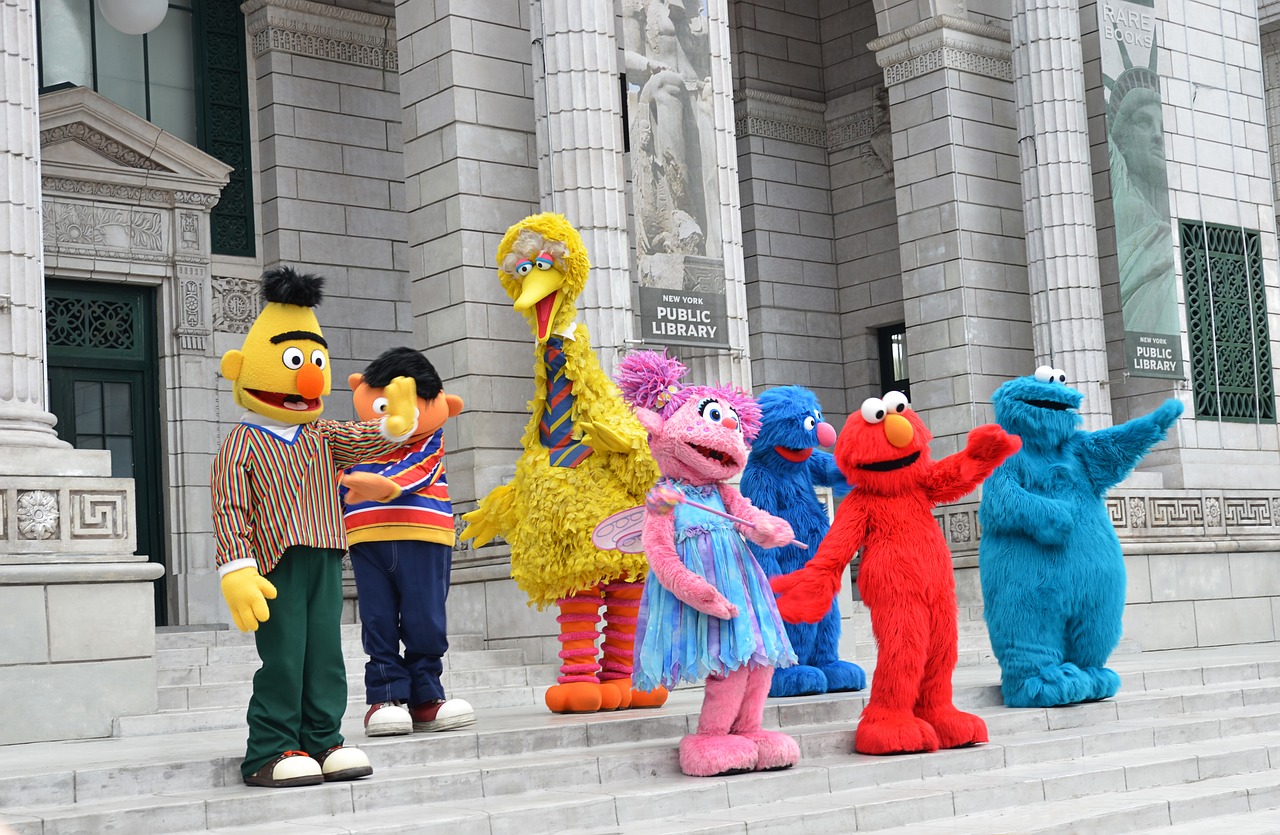Your cart is currently empty!

Google’s Bert Update
Google uses an algorithm to decide which web pages to show people searching for information online. This algorithm gets updated all the time, for all kinds of reasons.
- Some updates are intended to encourage positive online behavior, such as rewarding more secure websites.
- Some are straight up punishment for bad behavior, such as devaluing websites with thin content.
- Some are all about providing better experiences for web visitors, such as focusing on mobile experience.
Some are caused by improvements in technology. That’s where Bert falls. Bert is an important new update from Google.
Google is one of the most important players in the effort to improve computers’ abilities to understand human language. Physicist Michio Kaku compares NLP (natural language processing) for computers to a ladder to the moon: you can build a very, very tall ladder without ever getting near the moon.
Computers are generally not very good with language. At our house, we see lots of interactions between a two year old and Alexa. The two year old is capable of conveying meaning in many different ways, but Alexa will only play Van Halen’s “Jump” for her if she says, “Alexa, play ‘Jump.’” Sometimes the two year old descends to shouting “Siri! Siri! Siri!” Adults get frustrated, too, but we know about the limitations.
Bert is a big step in helping Google’s algorithm respond to complicated questions. It encourages the algorithm to consider the entire sentence simultaneously instead of sticking to a right-to-left predictive analysis. That increases the chances that Google will respond to the words in a sentence in a useful way.
What’s a complicated question?
As it happens, I needed the answer to a complicated question recently. I needed to know exactly how Medicaid funding of prescription drugs in territories like Puerto Rico was different from funding in states. I asked Google, of course. Google couldn’t answer the question, though.
The answer exists online, and I was eventually able to find it, but Google focused on the words it recognized and didn’t actually respond to the question.
It’s tempting to say that Google didn’t understand the question, and that the Bert update will allow it to understand complicated questions better. But machines can’t actually understand human language. Language processing of this kind is about helping software respond to human language in more useful ways.
With Bert, Google will be stumped by fewer questions.
Optimizing for Bert
Bert is technology allowing Google to respond better to natural human language. Your web content should always be natural human language. That’s about it.
Are you outsourcing your web content to people who are not native speakers of the language? Are you generating text automatically or having articles scraped and spun? If so, step out of your SEO time machine. You’re doing the worst possible things for online marketing.
Assuming that’s not part of your strategy, you don’t need to be concerned about the Bert update.
by
Tags:
Comments
2 responses to “Google’s Bert Update”
-
Google regularly changes its algorithm, and it can be frustrating to keep up with these changes. However, Google does publish its Webmaster Guidelines and as long as those standards are followed , then the algorithm changes won’t make as much of an impact on SEO results.
-
A lot of people get very worried by algorithm changes. The more you understand them, the easier it is to judge whether your website will be affected. Since we focus on great content, we usually benefit from algorithm updates, but they can catch people who are sailing too near the wind. And, as you point out, people who are following best practices really don’t need to worry about most of them.
-


Leave a Reply